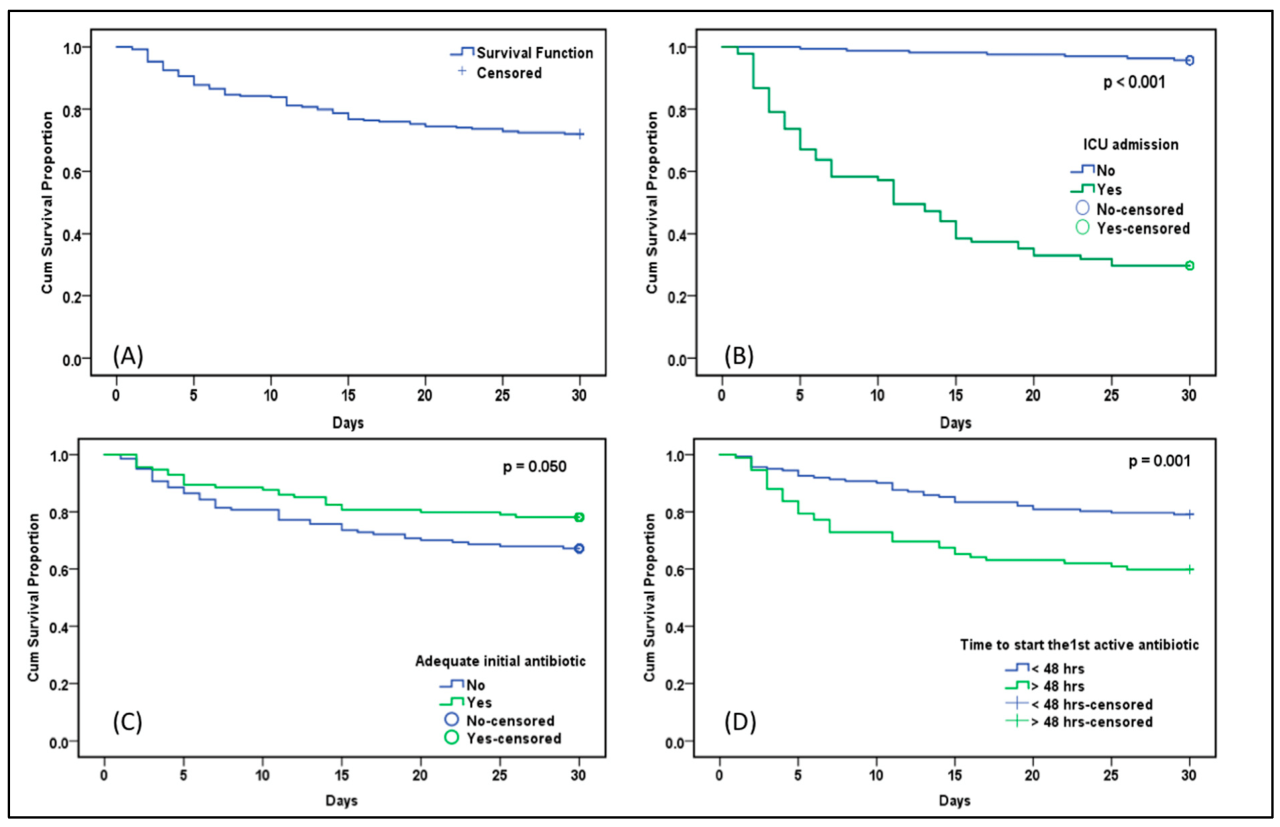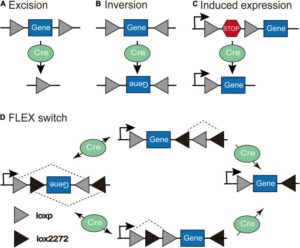
Exploring CRE blockchain lease records unveils a transformative approach to managing commercial real estate transactions. By integrating blockchain technology into lease documentation, the industry stands to gain unprecedented transparency and efficiency.
This innovation not only simplifies the leasing process but also enhances trust among stakeholders, as each transaction can be securely recorded and verified. As the real estate landscape evolves, understanding the role of blockchain becomes essential for navigating the future of property management.
Understanding CRE Blockchain Lease Records
Blockchain technology has revolutionized various sectors, including commercial real estate (CRE). At its core, blockchain is a decentralized digital ledger that records transactions across multiple computers, ensuring that the data is secure and immutable. In the context of CRE lease records, blockchain can provide a transparent and reliable method for documenting lease agreements, property ownership, and transactions.The advantages of utilizing blockchain for lease documentation are significant.
Transactions become more efficient, reducing the need for intermediaries and minimizing errors. Additionally, blockchain enables real-time updates and access, ensuring all parties are working with the most current information. However, challenges such as regulatory compliance, integration with existing systems, and the nascent stage of technology adoption in the CRE sector pose hurdles to implementation.
Benefits of Blockchain in Real Estate Transactions
Transparency is one of the key benefits that blockchain brings to real estate transactions. With blockchain, all lease agreements and property transactions are recorded on a public ledger that can be accessed by all involved parties. This transparency helps to build trust among investors, tenants, and property managers alike.Smart contracts further enhance the efficiency of lease agreements. These self-executing contracts automatically enforce terms and conditions when predetermined criteria are met, reducing the possibility of disputes and delays.
Successful implementations, such as the use of blockchain in property sales by several startups, showcase the transformative potential of this technology.
Real Estate Investment Implications
Blockchain technology significantly influences real estate investment strategies. Investors can access blockchain data to analyze market trends, property values, and transaction histories, leading to more informed decision-making. This data-driven approach enables investors to identify lucrative opportunities and assess risks effectively.Moreover, blockchain has implications for the liquidity of real estate assets. Tokenization of properties allows for fractional ownership, enabling a broader range of investors to participate in the market.
This not only enhances liquidity but also democratizes real estate investment.
Current Trends in the Real Estate Market

Traditional real estate market practices often involve lengthy processes, paperwork, and a lack of transparency. In contrast, blockchain-enabled processes streamline transactions, reduce paperwork, and increase transparency. Recent statistics show a growing adoption of blockchain within the real estate sector, with a notable increase in the number of blockchain-based platforms and services over the past few years.Future trends in real estate technology indicate that blockchain will continue to play a crucial role in shaping how transactions and property management are conducted.
Innovations such as decentralized finance (DeFi) applications and automated processes are likely to gain traction.
Integration of Smart Home Technology
Blockchain technology can enhance smart home technologies by providing secure data management and verification. This ensures that the devices can communicate with each other safely, creating an integrated ecosystem that enhances user experiences. Smart home devices, such as security systems and energy management tools, can benefit from blockchain verification to ensure data integrity.However, merging blockchain with smart home systems does come with its challenges.
Issues such as interoperability between different devices and platforms, as well as user privacy concerns, must be carefully addressed to achieve a seamless integration.
Overview of Commercial Real Estate
Commercial real estate (CRE) includes properties used for business purposes, and it plays a vital role in the economy. It encompasses various types of properties, including office buildings, retail spaces, industrial warehouses, and multifamily residential buildings. Understanding the scope and characteristics of these properties is essential for effective management and investment.Blockchain can streamline the management of CRE assets by automating administrative tasks, enhancing record-keeping accuracy, and improving tenant interactions.
This leads to more efficient property management and greater satisfaction for tenants.
The Luxury Homes Market
Luxury real estate is characterized by high-value properties that cater to affluent buyers. This segment has unique transaction challenges, including a lack of transparency and increased fraud risks. Blockchain presents solutions to these issues by ensuring secure and transparent transactions, thus mitigating risks associated with luxury home sales.Several luxury developments are experimenting with blockchain technology, demonstrating its potential to enhance transaction processes and streamline ownership transfers.
High-end projects that incorporate blockchain can attract tech-savvy buyers looking for assurance in their investments.
The Future of Luxury Real Estate
The integration of blockchain technology is poised to shift the dynamics of the luxury real estate market. As the demand for transparency and trust in transactions increases, blockchain can provide the necessary infrastructure to meet these expectations. Key players in the market, including real estate firms and technology providers, are leading the charge in adopting blockchain for luxury homes.In conclusion, the use of blockchain in luxury real estate transactions is not just about technology; it’s about fostering trust and ensuring that buyers feel secure in their investments.
As the market continues to evolve, blockchain will likely play a pivotal role in shaping the future landscape of luxury real estate.
Concluding Remarks
In conclusion, the advent of CRE blockchain lease records marks a significant shift in how real estate transactions are conducted. By embracing this technology, stakeholders can expect improved transparency, streamlined processes, and a more robust investment environment.
Question Bank
What is blockchain technology?
Blockchain is a decentralized digital ledger technology that records transactions across multiple computers in a secure and transparent manner.
How does blockchain enhance lease agreements?
Blockchain allows for the use of smart contracts, which automatically execute agreements when predefined conditions are met, reducing the need for intermediaries.
What are the main challenges of using blockchain in CRE?
Challenges include regulatory hurdles, lack of industry standards, and the need for significant investment in technology and training.
How can investors benefit from blockchain data?
Investors can access real-time, accurate data on property transactions, enhancing their decision-making and investment strategies.
Is blockchain adoption increasing in real estate?
Yes, there has been a notable increase in the adoption of blockchain in real estate, with many companies exploring its potential to streamline processes.







